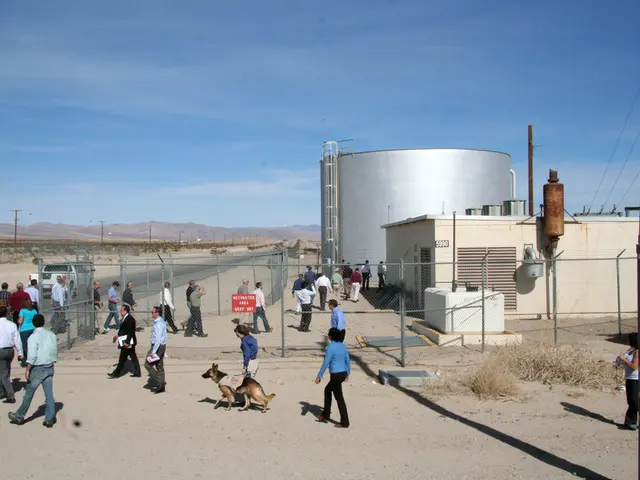New Doc 'Made in Ethiopia' Spotlights Chinese Industrialization's Impact on Local Communities
A new documentary, 'Made in Ethiopia', has sparked discussions about the balance between industrialization and local struggles. The film, directed by career journalists Xinyan Yu and Max Duncan, was screened at Yale University on Tuesday, hosted by Louisa Lombard. It attracted members of the Yale community interested in international relations.
Filmed in and around Dukem, Ethiopia, from 2019 to 2023, the documentary centers around three women: Ma Futao, Beti, and Workinesh. Each represents a different perspective on foreign industrialization in the region. The film provides a unique insight into the impact of Chinese investment in Ethiopia.
During the COVID-19 pandemic, factory workers were given a choice: take leave or live inside the factory. This decision highlights the complex relationship between the local community and the Chinese-owned Eastern Industry Zone, which produces items like jeans and shoes.
'Made in Ethiopia' continues to screen at various locations across the Northeast in October, following its successful debut at Yale. The film encourages reflection on the implications of foreign industrialization and its impact on local communities. While the company featured in the documentary and its specific location in Oromia remain unclear, the film's message resonates with audiences interested in international relations and global economics.
Read also:
- Young individual at Yellowstone National Park sustains severe burn injuries following a sudden collapse into a boiling hot thermal basin
- Rising hospitalizations due to severe food allergies, according to research findings.
- Important Immunizations for Newborns in Nigeria
- Following a heart attack, a person may be prescribed various medications to manage risks, improve heart function, and prevent further cardiac events. These could include:








